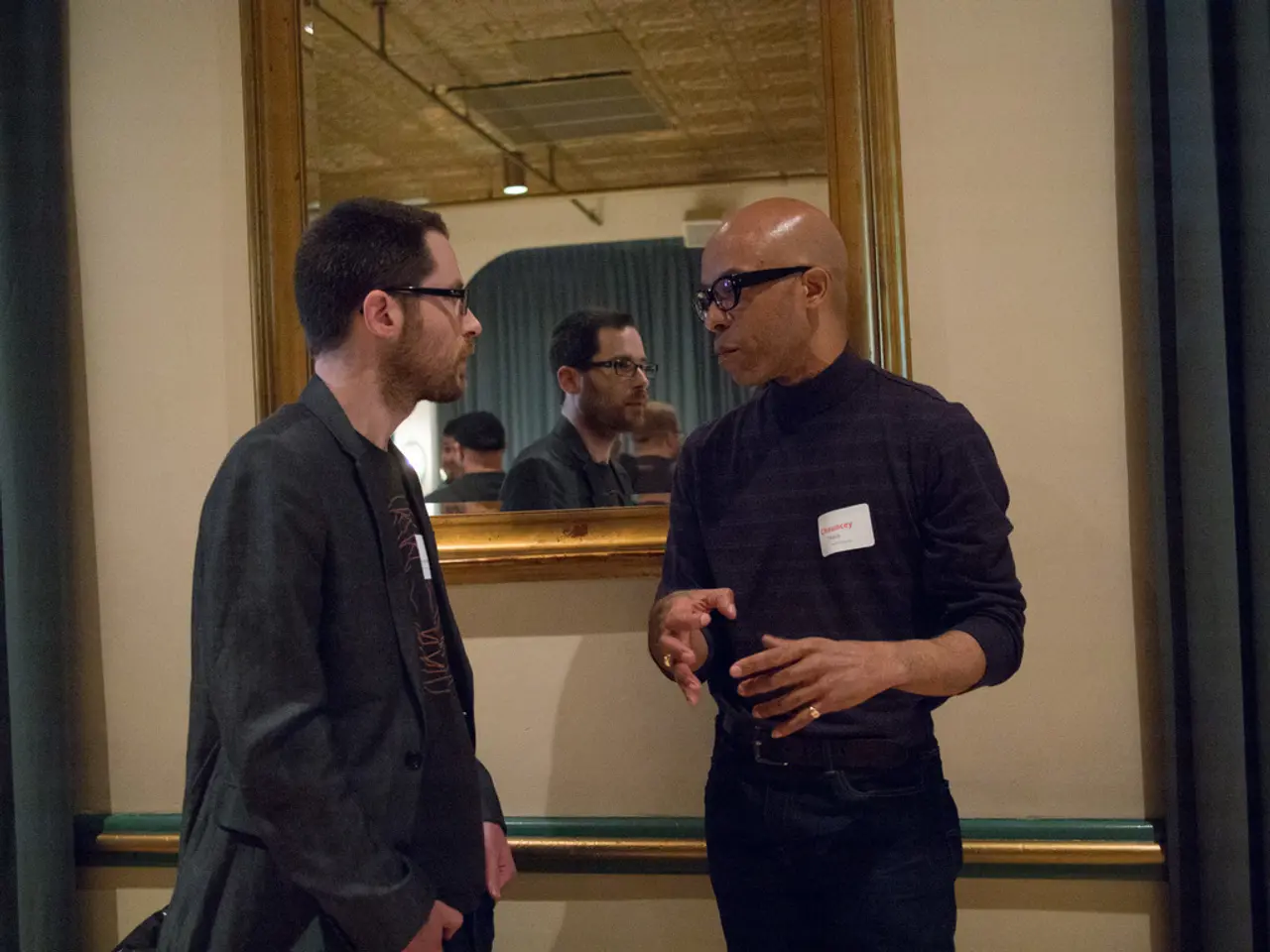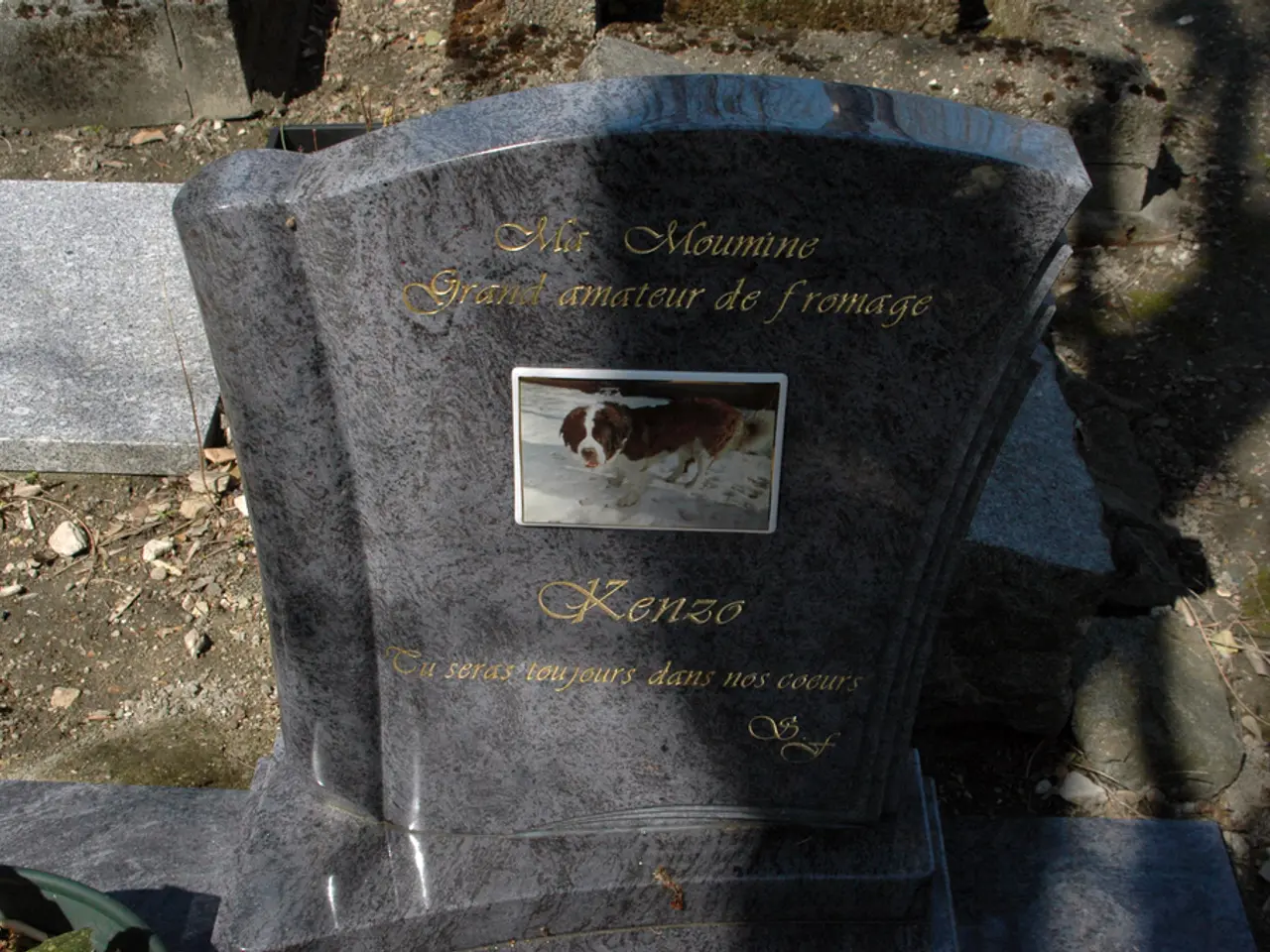Prime Minister engages in talks with Senegalese counterpart in the city of Tianjin
🌏 Vietnam and Senegal Lock Horns for Enhanced Collaboration
In the bustling city of Tianjin, China, Prime Minister Pham Minh Chinh of Vietnam shared a moment with his Senegalese counterpart, Ousmane Sonko, on June 25, 2025. Their meeting, held on the sidelines of the 16th Annual Meeting of the New Champions hosted by the World Economic Forum, was a testament to the budding relationship between these two nations.
PM Chinh took the opportunity to extend warm greetings from top Vietnamese leaders, including General Secretary Tô Lâm, State President Lương Cường, and National Assembly Chairman Trần Thanh Mãn, to Senegalese President Bassirou Diomaye Faye, PM Sonko, and other Senegalese leaders. Furthermore, he extended an invitation to President Faye to attend the signing ceremony of the UN Convention against Cybercrime in Hà Nội this October.
With a clear commitment to work together for collective benefits, PM Chinh emphasized Vietnam's readiness to dispatch agricultural experts to further strengthen Senegal's food security. He also expressed an interest in deepening ties with African nations and the Economic Community of West African States (ECOWAS), while seeking assistance for Vietnamese citizens and workers in Senegal.
Sonko returned the sentiment, expressing his country's high regard for its friendship with Vietnam and a desire to intensify bilateral exchanges and people-to-people ties. He also pledged to serve as a bridge for cooperation between Vietnam and both the African Union (AU) and ECOWAS, encouraging Vietnamese firms to tap into the 400-million-strong West African consumer market.
Senegal welcomed Vietnam's agricultural assistance, especially in rice and cashew cultivation, and expressed hope for continued support. In fact, the Senegalese leader praised the success of Vietnam’s agriculture cooperation model and showed interest in expanding its reach to benefit Senegal and other Global South nations.
The two leaders concluded their meeting by agreeing to increase high-level exchanges and mutual visits, intensify trade and investment promotion activities, facilitate business connections, and foster market access for each other's key export products. PM Sonko gleefully accepted PM Chinh's invitation to visit Vietnam, setting the stage for strengthened ties and cooperation in the near future.
In essence, the meeting paved the way for enhanced bilateral agreements, particularly focusing on trade, investment, agricultural cooperation, and future high-level visits to solidify the Vietnam-Senegal relationship.
[1] "16th Annual Meeting of the New Champions, World Economic Forum". https://www.weforum.org/events/annual-meeting-2025[2] "New Champions, World Economic Forum". https://www.weforum.org/agenda/2025/06/new-champions-world-economic-forum/[3] "Senegal-Vietnam Bilateral Relations, Embassy of Vietnam in Senegal". https://vnembassy-senegal.mofa.gov.vn/en/senegal-vietnam-bilateral-relations/[4] "Economic Community of West African States (ECOWAS)". https://www.ecowas.int/[5] "Vietnam's Agricultural Cooperation Model Expands in Senegal", Agro Vietnam News, June 26, 2025. https://www.agrovietnamnews.com/2025/06/vietnams-agricultural-cooperation-model-expands-in-senegal/
Prime Minister Phạm Minh Chính meets with his Senegalese counterpart Ousmane Sonko in Tianjin, China. -VNA/VNS Photo Dương Giang
- The meeting between Prime Minister Pham Minh Chinh and Ousmane Sonko highlighted a focus on bolstering trade and investment, specifically in cooperation with the AI-driven business sector, (general-news).
- The emphasis on agricultural cooperation between Vietnam and Senegal signifies a broader commitment to alleviate issues related to food security and trade, influenced by the impact of climate change on global farming culture (trade, politics).
- As the global landscape evolves, the partnership between Vietnam and Senegal, built on mutual trust and cultural understanding, will serve as a model for expanded collaboration and diplomacy among African nations to combat issues such as cybercrime and foster peaceful economic growth (business, culture, politics).






